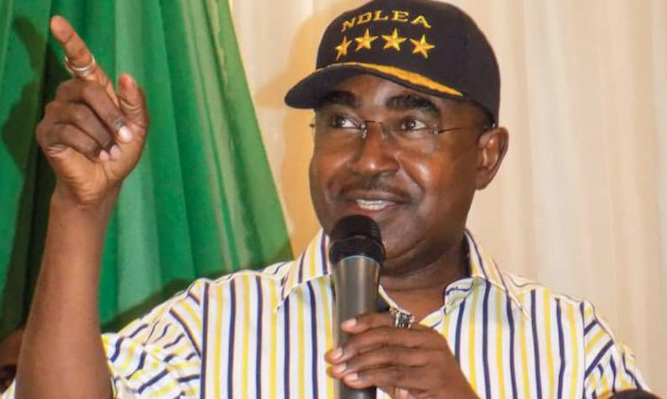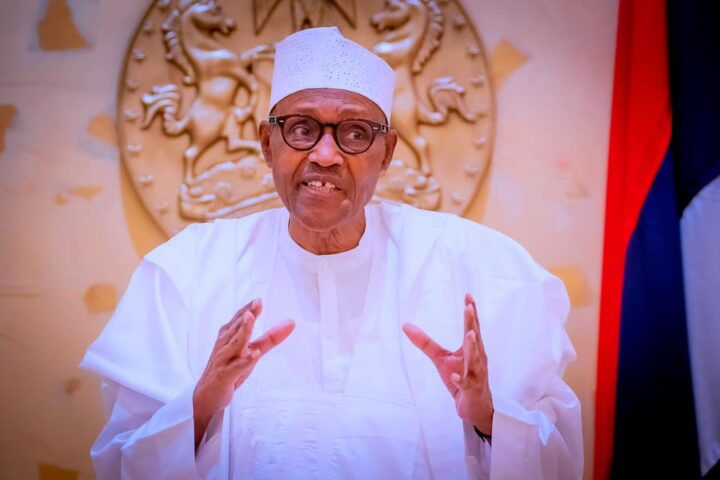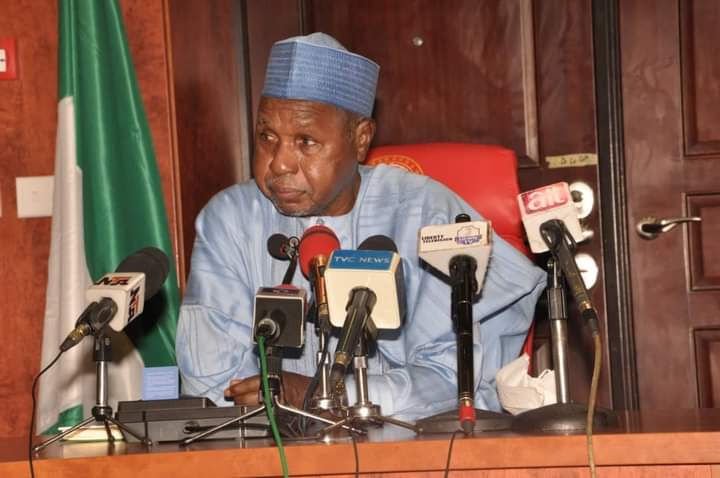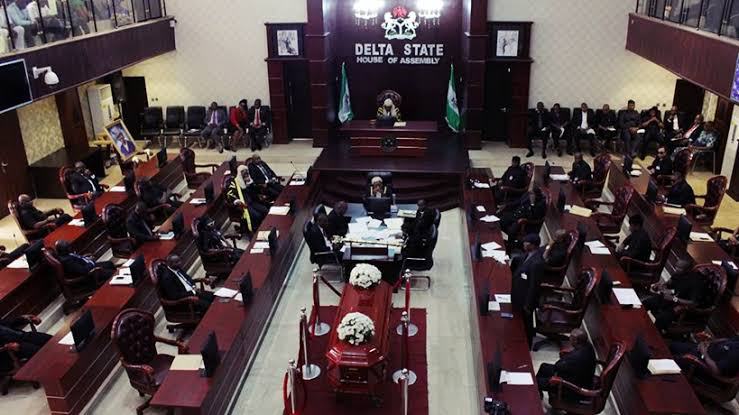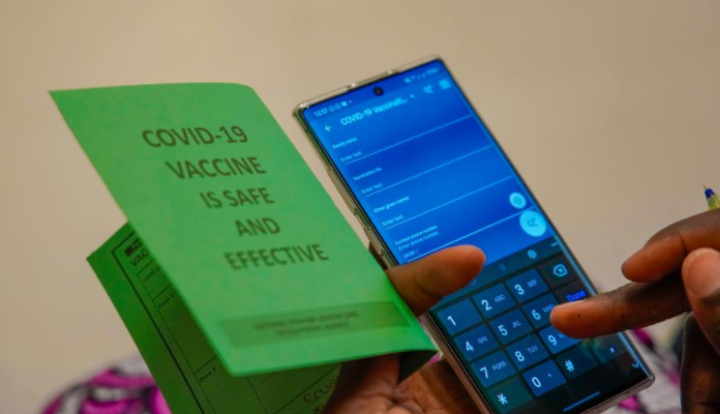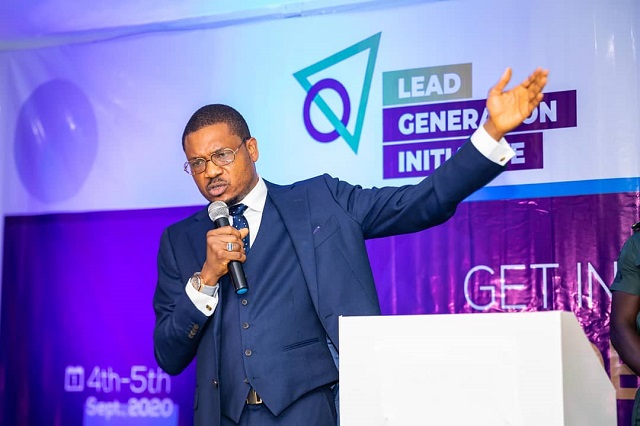Buba Marwa, chairman of the National Drug Law Enforcement Agency (NDLEA), says confiscating the assets of members of drug cartels will weaken their operation.
Marwa spoke on Tuesday while presenting Nigeria’s position during a virtual meeting with heads of African drug law enforcement agencies.
He said assets confiscation is crucial in the fight against criminal narcotic networks on the continent.
In a statement issued by Femi Babafemi, NDLEA spokesperson, Marwa was quoted as saying there is an urgent need to strengthen international cooperation in identifying and managing evolving challenges in drug trafficking.
Advertisement
“We must continue to weaken criminal drug networks through effective assets tracking and confiscation,” Marwa said.
“We should, therefore, deepen international cooperation to address the increasing links between transnational organised crime, corruption, illicit financial flows, trafficking in drugs and related crimes.
“Let us not spare any effort in eliminating barriers to effective collaboration as we demonstrate commitment to our shared responsibilities.”
Advertisement
The NDLEA boss said Nigeria had remained dynamic in its counter-narcotics operation in line with the global challenges posed by the COVID-19 pandemic.
“We are taking steps to tackle the online distribution of narcotic drugs, which has become prevalent among organised drug trafficking criminal groups, particularly since the global shut down in 2020,” he said.
“In the last eight months, Nigeria has made more than 8,634 arrests with 1,630 convictions. Over two million kilogrammes of drugs seized with over N100 billion in cash and seized drugs.
“As part of our control programmes, the country recently inaugurated the War Against Drug Abuse (WADA) to further amplify the national drive on both drug supply and drug demand reduction.
Advertisement
“As a result, we are collaborating with all levels of government, civil society groups, Non-Governmental Organisations (NGOs), schools and relevant institutions.”
Add a comment
